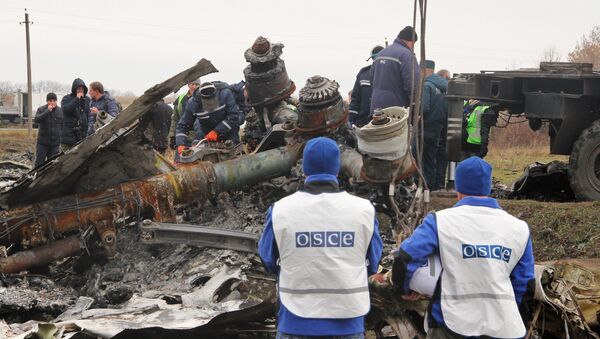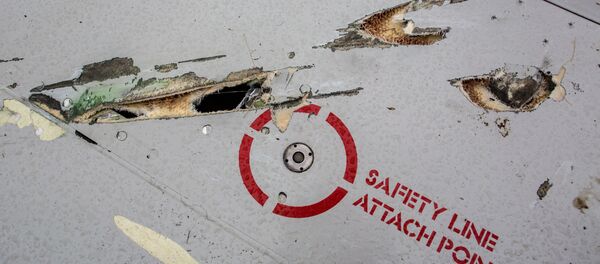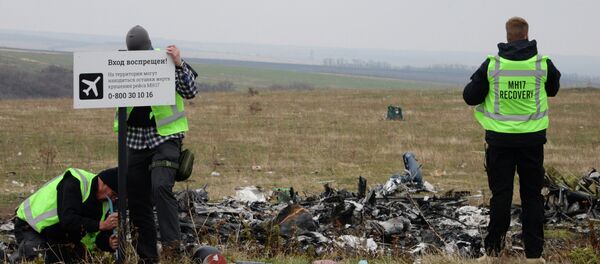“I didn't know why Malaysia wants a UN inquiry; it may be that it distrusts the official inquiry — which it was cut out of in the beginning, it should be remembered — but I am suspicious of what would happen and the possibility of manipulation,” Armstrong, formerly a political counselor in the Canadian Embassy in Moscow, said.
Next week, the UN Security Council will debate a Malaysian proposal to set up an international tribunal for the prosecution of those responsible for downing Malaysia Airlines flight MH17, though no findings have been released.
Russian envoy to the United Nations Vitaly Churkin said earlier this week that the draft resolution fails to correctly classify the crash, adding that there is no precedent for the creation of an international tribunal to investigate civilian aircraft accidents.
Armstrong claimed that there is a lot of missing information, including US satellite and electronic communications data, Ukrainian traffic control logs, autopsies and other forensic information.
“If we had this information, a real investigation could begin,” he said.
“We have had some detailed presentations from the Russian side that raise serious questions about the presence of fighter planes near the aircraft, the direction from which a Buk had to be fired to produce the damage and we have some eyewitness accounts. From the other side we have heard nothing but assertions, social media and refusals to release information that the US/NATO must have,” Armstrong added.
The Kiev government and Western nations have accused independence supporters in eastern Ukraine of firing a Russian-made Buk surface-to-air missile at the airliner.
“In all of this, the dog that didn't bark in the night is the fact that, if the USA or NATO had real detailed evidence, we would have incessantly heard about it,” Armstrong said.
A final Dutch Safety Board report into the Malaysian plane crash is due in October.
In June, Russian arms manufacturer Almaz-Antey unveiled the results of an inquiry showing that flight MH17 was downed by a guided missile launched by a Buk-M1 system. The type of the missile it claims shot the Malaysian plane has not been produced in Russia since 1999, but remains in service in the Ukrainian army, according to the company.
Russia has repeatedly stressed the importance of a transparent international investigation.
A Malaysia Airlines plane heading from Amsterdam to Kuala Lumpur crashed July 17 near the city of Donetsk in eastern Ukraine, killing all 298 people on board.




